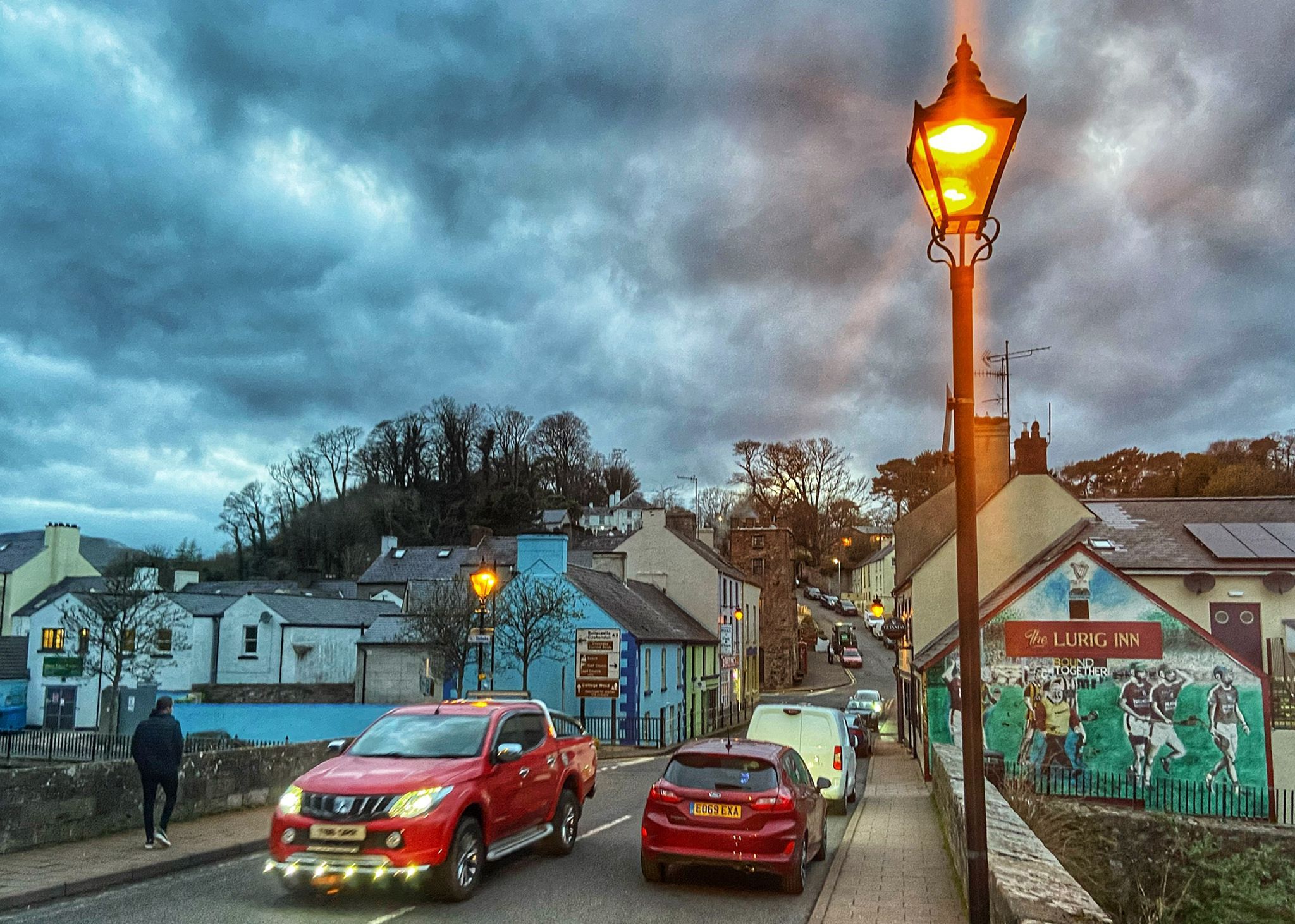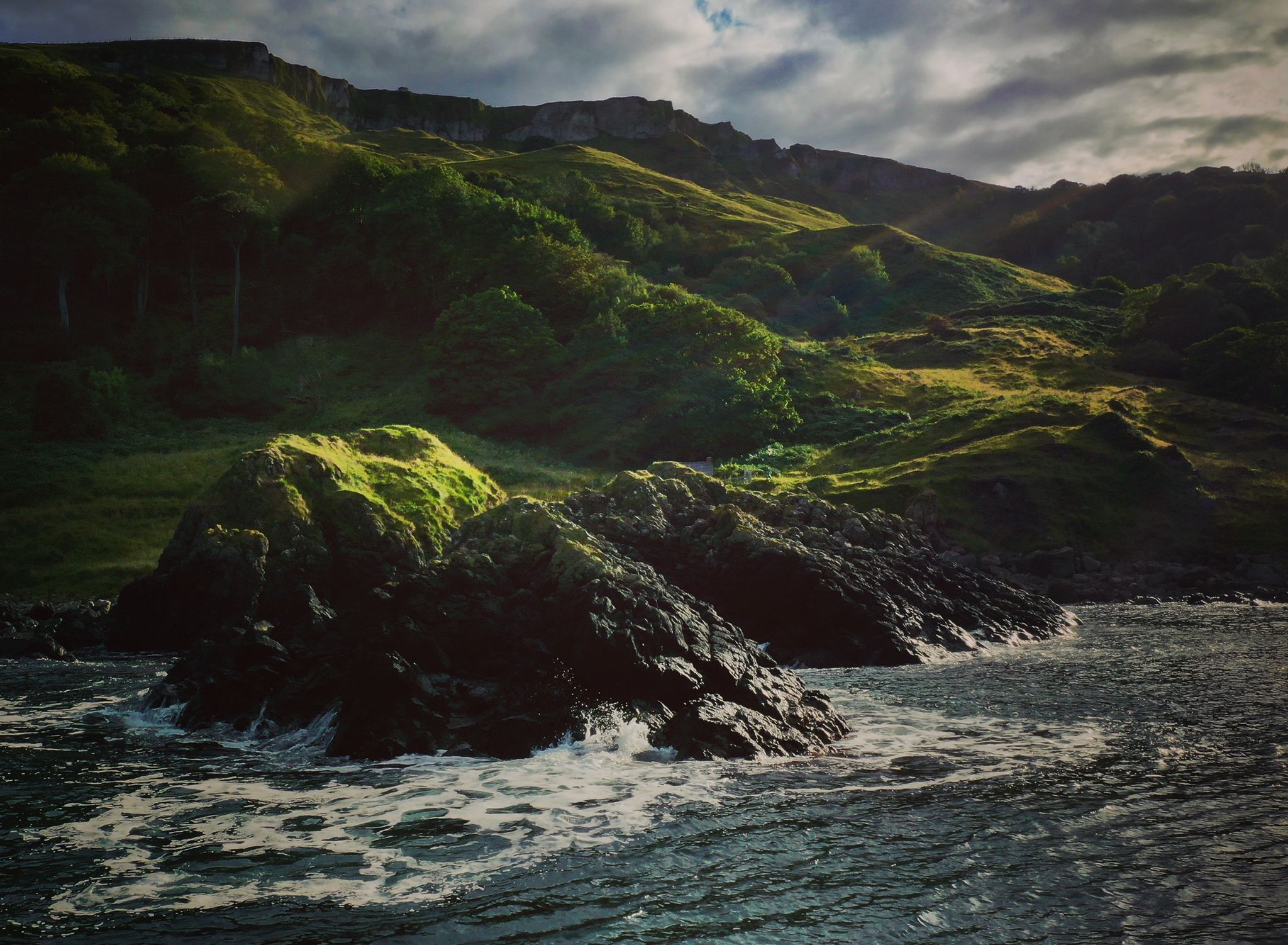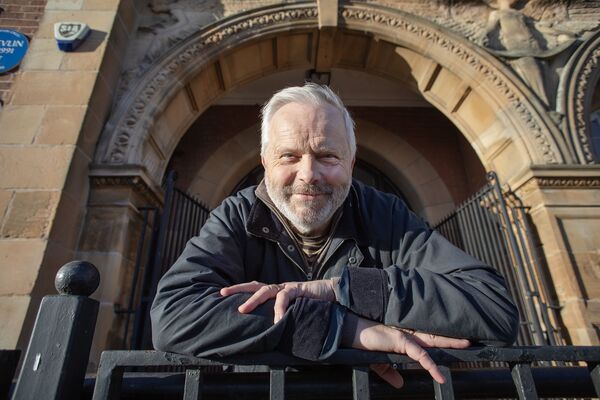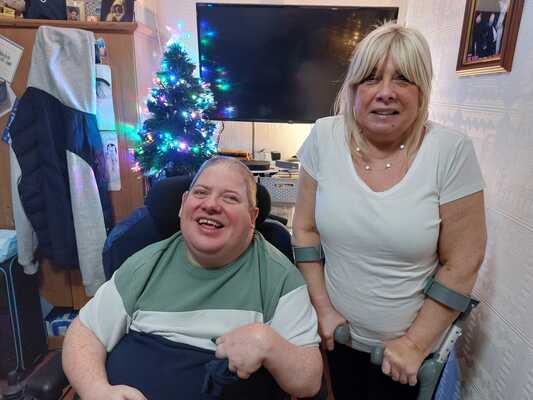Family names in the Glens of Antrim by Brian S Turner
IRISH surnames can historically be traced to a particular place – a county or even a townland – and while visiting a part of the country, it’s not unusual to see the same name adorn shop fronts and pubs in a particular village.
In his excellent book, Family names in the Glens of Antrim, Cork native and former curator of Local History at the Ulster Museum, Brian Turner, shares his deep knowledge of the Glens of Antrim and its people, to explore the historical and social significance of the distinctive family names of this unique part of Ireland which has its own strong local identity.
This coffee-table style book is an enjoyable read but it is also a great reference book for budding genealogists out there, elegantly illustrated with historical maps and landscape photos of the glens and countryside, featuring the towns and villages that roll off the tongue and populate its rugged coastline: Glenarm, Carnlough, Waterfoot, Cushendall and Cushendun.
The author explains that due to being bordered by the bog and forested glens to the west, the sea to the east and impenetrable cliffs to the south, the Glens of Antrim was historically a place apart, whose inhabitants found it easier to form relationships and carry on every day business with those across the sea in Argyll on the Scottish coast than with its nearest inhabitants inland.

And it’s that link with Kintyre and its hinterland in particular that has left its influence on the surnames that were common historically in the Glens and are still popular today.
Turner wades through original source material for his study – my own favourite being the County Antrim Hearth Money Roll of 1669. He explains that this provided the names of every householder who was liable to pay a tax of two shillings for every fireplace in their home. His painstaking research is not eased by variations to spellings, with the name most associated with the Glens appearing in various documents as Mac Domhnaill, MacDonnell, Macdonnell, McDonnell, M’Donnell, MacDonald, McDonald, Macdonald, McDonel.
The MacDonnell clan that shared political interests, power and lands between the Glens of Antrim and the Scottish Highlands and Westerns Isles during the Middle-Ages, lost their influence in the seventeenth century but have left an indelible mark on the Glens. The name is more common in the Glens today that in its old territories of Argyll.
Surnames that were common pre-MacDonnells can be traced to MacEoin, MacKay, O’Mulvenna, Magill, MacAuley, MacCormick and MacAllister,
Long before the bloody political and religious convulsions of the seventeenth century, the author says the Glens of Antrim were at a major crossroads of the Gaelic world.
Cushendall in the Glens of Antrim (Photo by Thomas McMullan)
Turner notes that although the Glens and Highland Scotland have had close historical and geographical associations in the past, today the Glens of Antrim is bordered by areas with strong ties to the Scottish lowlands with an influx of people and names from that region.
He says: “A lot has happened in the last 400 years, particularly in Ulster. Gaelic society has been destroyed and an enormous influx of names, mainly from England and Scotland, has been introduced throughout the province. If we are to explore the full relevance of the study of family names then we need to take into account not only the origins of Gaelic Irish names, but the changes wrought by the great population movements of the last few centuries both to names that arose in Ireland and those which have origins elsewhere.”
Published by Ulster Historical Foundation, Family names in the Glens of Antrim by Brian S Turner is priced £19.99 hardback.








